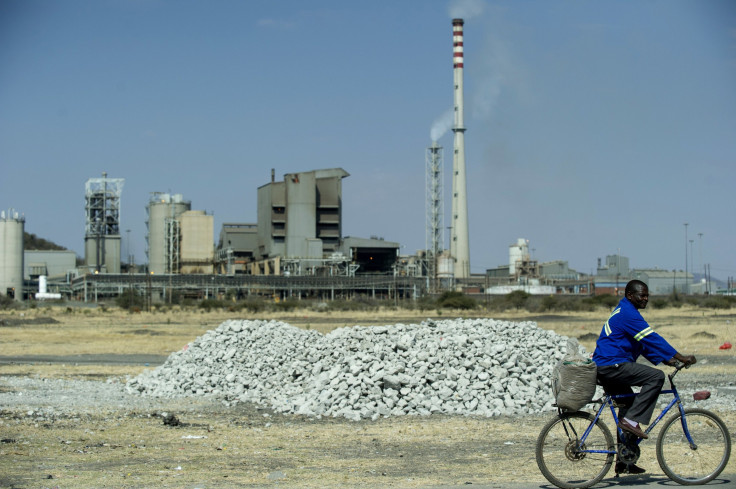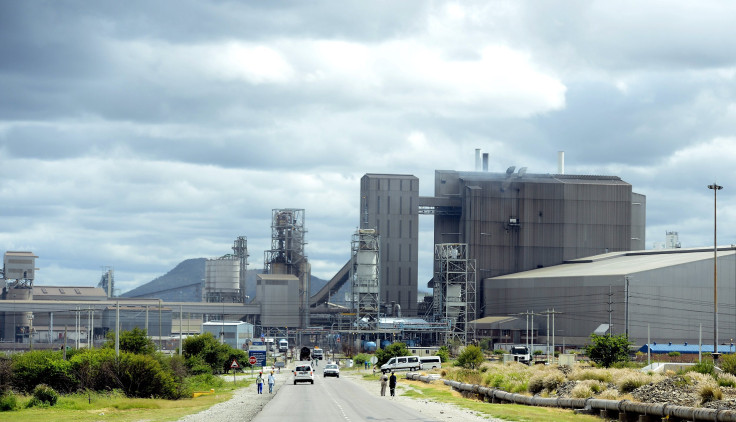South Africa Replaces Mining Minister Amid Plunging Commodity Prices, Planned Job Cuts

South African President Jacob Zuma shuffled his cabinet Wednesday, moving his mineral resources minister, Ngoaka Ramatlhodi, to the public service and administration portfolio amid plunging commodity prices and planned job cuts. Mosebenzi Joseph Zwane replaced Ramatlhodi and was sworn into office in the capital, Pretoria, according to Reuters.
Ramatlhodi is replacing Collins Chabane as public service and administration minister. Chabane was killed in a car accident in March. Ramatlhodi was appointed to the mines post in May 2014 amid a five-month platinum strike, the longest in the history of South Africa’s thriving mining sector, and he “showed mining companies that he is a custodian of our minerals,” Association of Mineworkers and Construction Union President Joseph Mathunjwa told Bloomberg Wednesday.
On the other hand, Zwane, a former official of the Free State provincial government, “has no track record,” Mathunjwa reportedly said. “He has only been on a provincial platform. Mining is another terrain, it needs a person with thick skin.”

South Africa, the world’s leading producer of platinum, relies on mining for more than half of its exports, and the industry employs about 440,000 people. But the country’s mining sector is facing a crisis as platinum prices have plummeted to six-year lows. Impala Platinum Holdings Ltd., the world’s second-largest metal producer, plans to cut as many as 1,600 jobs in South Africa at its Rustenburg mine, northwest of Johannesburg. Lonmin Plc, the third-biggest producer, is planning as many as 6,000 staff cuts, while as many as 420 managerial and supervisory positions may be eliminated at Anglo American Platinum Ltd., the largest producer. Atlatsa Resources Corp. may trim its workforce at the Bokoni mine in northern Limpopo province by 10 percent, according to Bloomberg.
Zwane’s appointment as an unknown name in mining could alarm shareholders at a time when South Africa needs investment to overhaul the crippled industry. “The current challenges in the mining industry need someone with clout and political influence. Someone who does not have a high profile and is not a heavyweight, able to influence people in government and cabinet may bring grave concern,” Somadoda Fikeni, an analyst at the University of South Africa, told Bloomberg Wednesday.
© Copyright IBTimes 2024. All rights reserved.





















